|
An enigmatic yet intriguing exercise that is best to simply experience rather than assert meaning, Paul Felton & Joe Denardo's Slow Machine is an atmospheric descent into a discombobulated psyche. Low-fi aesthetics transposed onto what feels like an anachronistic narrative structure but isn't; the fractured perceptions of its main protagonist and her fears, thoughts, and uncertainties drive the viewers' sense of perception of the events which unfold. This feeling of fragmentation serves the film extremely well, exhibiting what feels like a series of vignettes more than a holistic narrative, which in many ways elucidate the internal perception of its main character in which gentrified Brooklyn, its disparate agents and actors, invoke a sense of consistent danger, anarchism, and intrigue. An effective sensorial experience which I appreciate but I'd be lying if I didn't say I found the whole film to be a little too void of feeling, particularly in the way it explicitly strives for emotional poignancy in its portrayal of the interiority of trauma inflicting its main protagonist that remains consistently, albeit intentionally, opaque.
0 Comments
A spy thriller with a genuine desire to exhibit the physical difficulty and arduous albeit majestic nature of climbing. Eastwood's infectious screen persona and sturdy direction make the film's overly complex conception and arguably un-focused nature continue to entice from beginning to end. Narratively speaking the film could certainly be called a tad unwieldy but it's just such a distinct, strange espionage film - amorphous in genre specificity while oozing with masculinity and low-key critique of the government's defense apparatus which operates in the shadows beyond the purview of the general public. What is so distinctive to me is how much this film feels like a climbing picture sculpted around the framework of a spy thriller. The film simply rejects genre classification, being an amalgamation of James Bond, Indiana Jones, and Cliffhanger that is engaging from start to finish thanks to the aforementioned Eastwood and largely comedic performance by George Kennedy. Playing up Eastwood's undeniable handsomeness, the film is also interesting in how it invokes the female gaze routinely, with Eastwood's masculine ego getting the best of him on two separate occasions, a perhaps subtextual commentary on male libido. George Kennedy for most of this movie is truly my spirit animal, he just wants to hang out and have some brews.
A visceral display of violence and bloodshed that feels not only like a revisionist take on the classic wuxia genre but one that aims in one way or another to repudiate what many have perceived to be its fundamental attributes. The grace, tradition, and visual decadence of the classic wuxia film to Tsui Hark is fundamentally a distraction from its roots, one based in blood, vengeance, and anarchism in which the pursuit of justice must be ascertained at all costs. Tsui Hark's overarching perspective towards humanity and his embracement of anarchism being intrinsic to life have perhaps never been more pronounced in this revisionist treatment of the Wuxia film. The way this film embraces rage, viewing it not as a net-negative but a useful tool for progression is particularly interesting, as Tsui's lens routinely enunciates the primal scream of its characters as they forge their violent path towards vengeance and perceived justice. The line between good and evil is clear from the viewers' perspective but amongst the chaos perspective is everything that defines these diametrically opposed concepts. A highly kinetic visual style that is emboldened by the internal and emotional drive for justice - another remarkable effort by the master filmmaker that is surely one of his best. To put this terribly, it's as if a Wuxia film and the Mad Max Universe had a baby.
Roja perhaps doesn't soar the same heights as every other Mani Ratnam film I've seen to date but it's still a strikingly expressive, sensual experience that evokes the feeling of transcendence associated with love. Love the stark juxtaposition of the cold, blue hues of Kashmir juxtaposed with the warm, vibrant orange palette of the rural countryside displayed in the film's opening sequence. This aesthetic dichotomy continues across the film's runtime, the warmth of love contrasted against hate and indifference. The omnipresence of the natural world is a recurring motif that Mani Ratnam uses to elucidate his theme about the supremacy of love in the face of conflict and strife, as the film features a panoply of striking natural vistas that help to elevate the film's aura to near transcendental. Roja may be a bit nationalist and jingoistic but let's be real here, what Hollywood film isn't? The nature of its narrative - the successful city engineer marrying the rural girl - and how it's Roja, a woman from the countryside whose people have largely been forgotten by modernity, who doesn't speak the language or fully understand the circumstances, that inevitably leads to their collective salvation isn't happenstance but a pointed commentary. It's her unwavering perseverance fueled by love that leads to absolution, a striking commentary in which Ratnam's aims seem to be in empowerment for the rural class within Indian society. What remains striking to me is Ratnam's precision when it comes to his cinematic grammar. It is always highly expressive but the way he routinely shows such an astute understanding of when to use various cinematic techniques - from handheld to static, from extremely wide compositions to tight, intimate compositions feels like second nature. Just a phenomenal filmmaker who is quickly becoming a personal favorite of mine.
Featuring a truly unique conceptual framework, Michael Sarnoski's Pig is a beautifully constructed evocation of loss, one in which the mystery behind its characterizations and the circumstances that define them slowly reveals itself across the course of its narrative without not even one morsel of unnecessary exposition. Pig's text is one embedded with a sense of mystery and intrigue with just the right dash of opaqueness, a meticulous and methodically executed film in which the simplicity of its story feels existentially expansive. What struck me so much about Pig outside of its effective narrative and "heroes journey" is its hearty subtext related to how detached we've become from our social nature. Loss and trauma in many ways can lead us down two paths, one of apathy or one of empathy, and what Pig so vividly expresses is the need for us to not choose the latter but the former in order to live in a better world. While it may be considered a stretch to say this film is a sly commentary on consumerism/materialism, Pig unquestionably reveals the emptiness of modernity and how we cling to any form of accomplishment bestowed to us by commodification instead of simply seeking out a shared sense of empathy and love for what we do. Nothing really matters in the end, we are only here for a short period of time, and what Pig so masterfully does is deliver this message with a poignancy that isn't rooted in simply dread induction but oddly enough, despite is somberness, it left me at least with a sense of hope. In the film's final moments, it reveals these intentions - it isn't violence or revenge which leads towards resolving the mystery at hand but an appeal towards a cold, calculating character's empathetic core. Buried under his hardened businessman facade is a man himself who grieves and also suffers from a sense of loss. These are honestly just my initial thoughts, and perhaps someday I'll attempt to write something more expansive, but I'm certainly willing to say that PIG is one of the best American films I've seen so far this year, without question.
An incredibly rich mosaic of modernity, one in which Sono's signature snark and perverse style is imbued with an infectious warmth and sense of optimism which is atypical for the prolific filmmaker. Any attempt to distill this labyrinthine narrative down to any pointed critique or central theme feels somewhat futile and yet the film never feels disjointed or erratic but rather focused on elucidating the complexities of life. We are all the stars of our own story, we all crave assurances from the external world, and in the synthesis of our individual desires and internal complexities, somehow, a communal sense of progress can be achieved - something can be created from nothing when we let go and simply accept our general insignificance. To call Red Post on Escher Street merely a delightful distillation of the filmic creative process isn't incorrect but it does feel a tad reductive, in that for Sono the cinema itself and its various agents that come together to create something truly special feels like a figurative statement about life itself. Societal structures of authority, in this case, driven by capital investment, disrupt and divide, they lie to us about their necessity under the deception of coercive order - yet there is another path. Not only one of Sono's most warm and optimistic efforts but one in which the filmmaker showcases an impressive control of narrative filmmaking in which the strictures and confinements of its formalism feel in a perpetual state of evolution. Extremely funny, emotionally poignant, and as distinctive as one would expect, Red Post on Escher Street is easily one of my favorite Sono films in recent years.
A beautifully emotive excavation of affect, one that is playful yet earnest, Hamaguchi's dramatic sensibilities remain delightful and distinct. Wheel of Fortune and Fantasy is yet another reminder that Hamaguchi is one of the most pensive contemporary filmmakers when it comes to encapsulating the interiority of the soul and its contrast with the externalities of sociality. The synthesis of the social and personal, and how they are reflective and reciprocal to not only experience but cognitive development is integrally developed over these three stories. The formal style deployed here is simple yet illuminating, as Hamaguchi masterfully deploys shot-reverse-shot and a general acute directorial eye to heighten the most simple conversational interactions into moments that reach towards transcendence. All three short stories have distinct attributes that are quite compelling, and each touches on different emotional circumstances but they are bound by the theme of the relationship between the personal and social and how we find solace or resolve internally but also through external interaction as we forge our way through the intrinsically anarchic nature that is life. Hamaguchi continues to be in my mind, one of the truly great filmmakers working today.
The cold, artificial promises and deceptions of Neoliberalism and the effect it places on the social order. Emotional detachment in a world driven by capital that disrupts our social nature inevitably breeding despondency, conflict, and degradation. The abusive ex-husband is figuratively speaking, a response to the diaspora and economic solubility of our times in which the social rests beneath the economic on the societal hierarchy. Petzold's formal rigor and precise style perfectly elucidate the thematic intentions of this film, one in which the attempt to find connection or sensuality feels like a fleeting conception in this state of modernity where the body itself has been supplanted by the quest for economic growth. The last film in Christian Petzold's "Ghost trilogy" in many ways is a perfect conclusion.
Astute in its understanding of the confusion and discovery innate to adolescence, I Start Counting is a distinctive foray into the coming of age archetype, one which manages to be perverse yet tender, deploying a formal style deeply rooted in voyeurism. The serial killer plot helps drive aspects of the narrative forward but when you think about it, it largely is regulated to the periphery of this story around this young girl's journey towards psychological and physical discovery. Quite remarkable how generally affecting this film is at conveying this young girl's internal struggle in an empathetic light, particularly when considering how much the film dabbles in taboo - clearly an intentional attempt to shock but more importantly elucidate female sexuality and desire as natural; Which as we all know, is a social stigma still til this day in society. In the end, the narrative text and mystery around the serial killer does pay off but what I Start Counting does subtextually around femininity and sexuality positioned around the Coming of Age motif is far more interesting and essential - a wild movie.
Community rebellion against the state apparatus and the injustice it intrinsically wields through its reliance on force and unbridled authority. Law enforcement merely agents of the state conscripted not for the sake of social order or service but to defend the status quo. The volatility Karnan exudes throughout this film, his polemic tendencies and outbursts of violence, are not spawned out of ego or self-righteousness but an innate desire for the same dignity and opportunity society allows those who aren't born into poverty. The film is grounded in the dirt but takes on a mere mystical quality in its deconstruction of poverty and oppression, exhibiting through its expressive formalism a quality that nears transcendental. Homogeneity an innate desire of the state, which leads to social and economic oppression. The dichotomy the film creates between the elders and the younger generation is quite intriguing, exuding a sense of hope about the future in which youth's unwillingness to accept certain realities could elicit meaningful change. Contemporary Tamil cinema really does seem to be producing some of the most incendiary political texts in world cinema today.
|
AuthorLove of all things cinema brought me here. Archives
June 2023
|
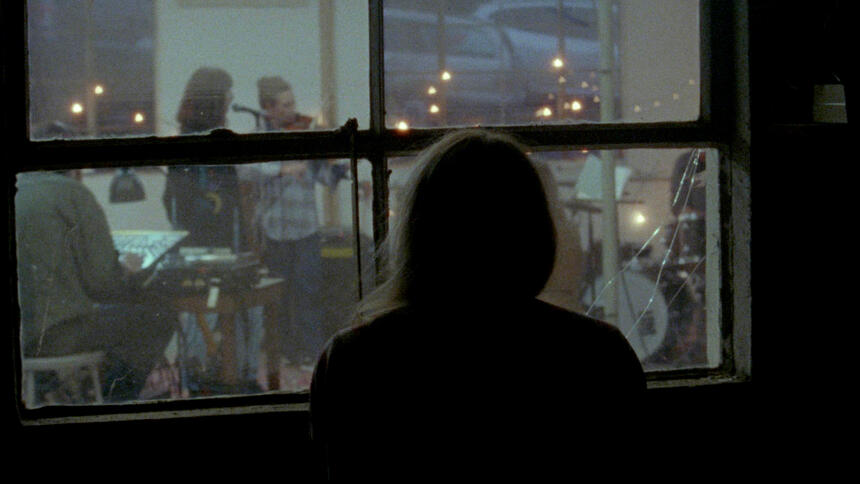
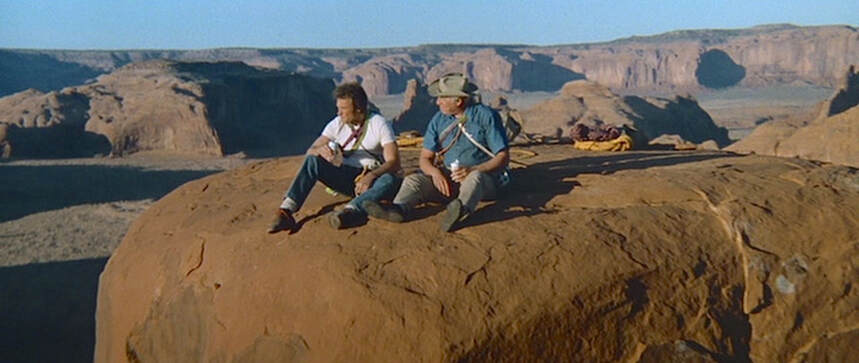
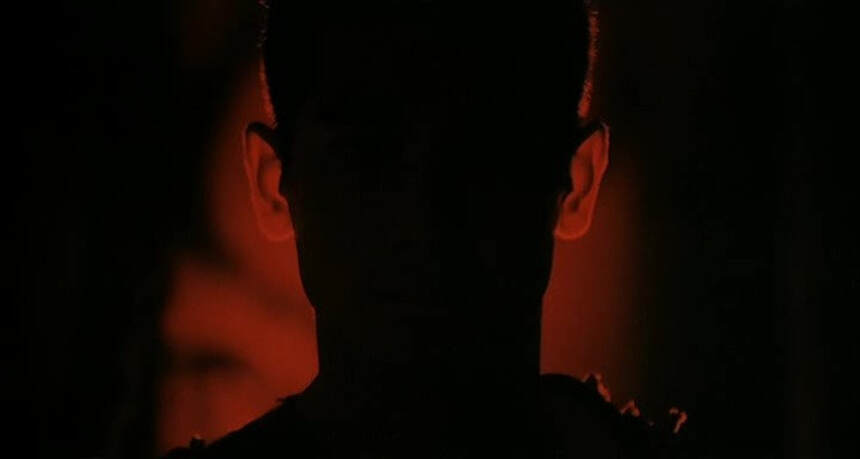
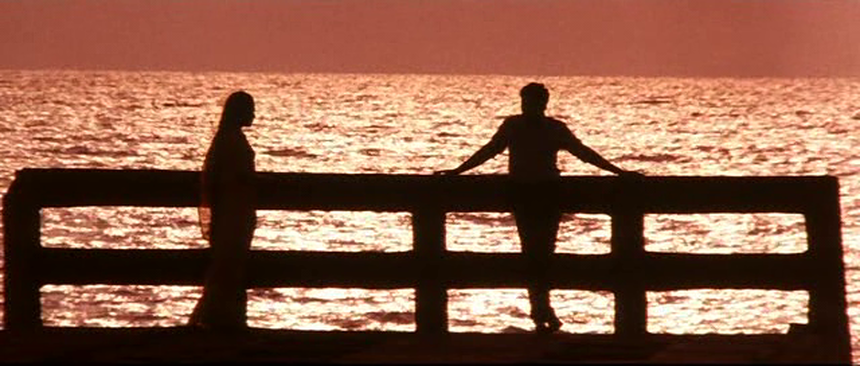
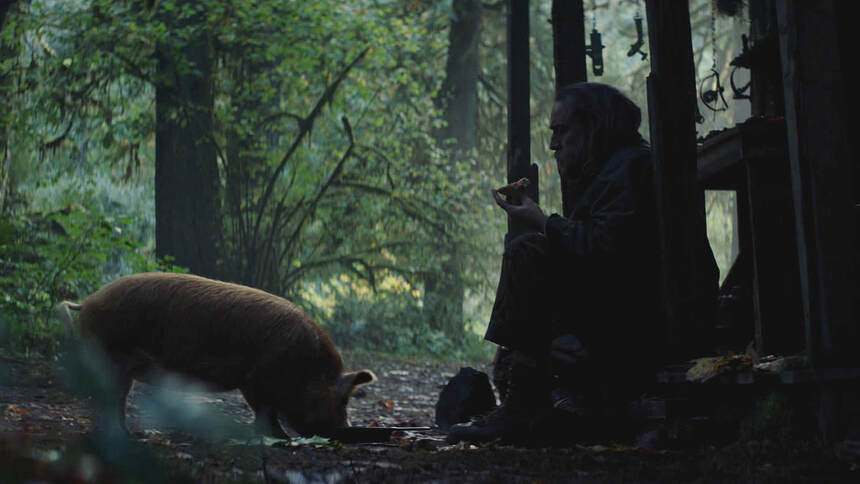
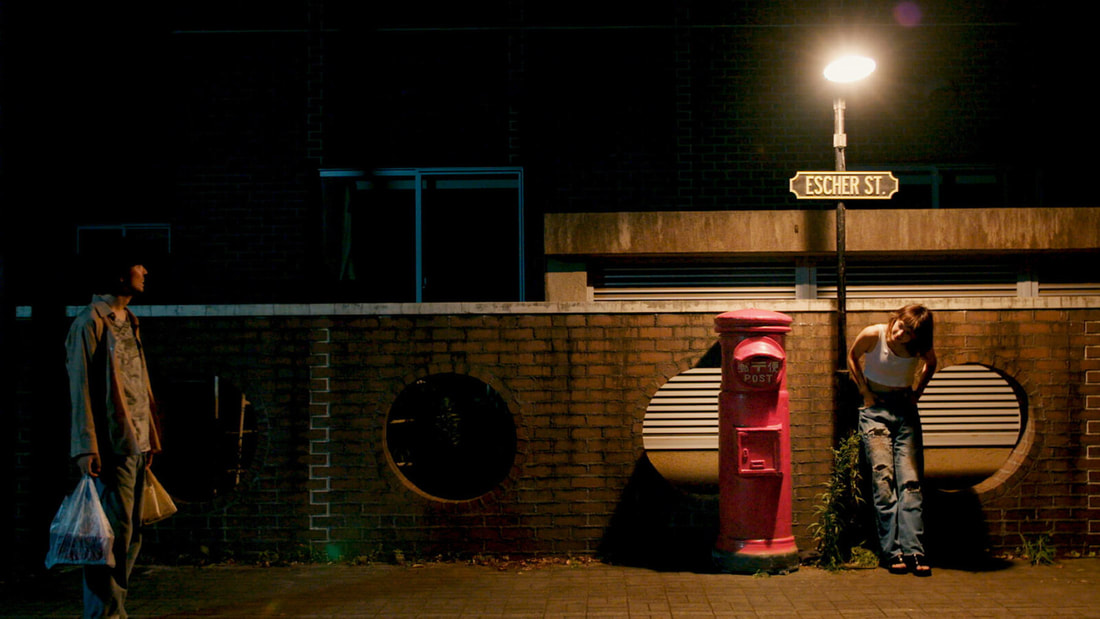
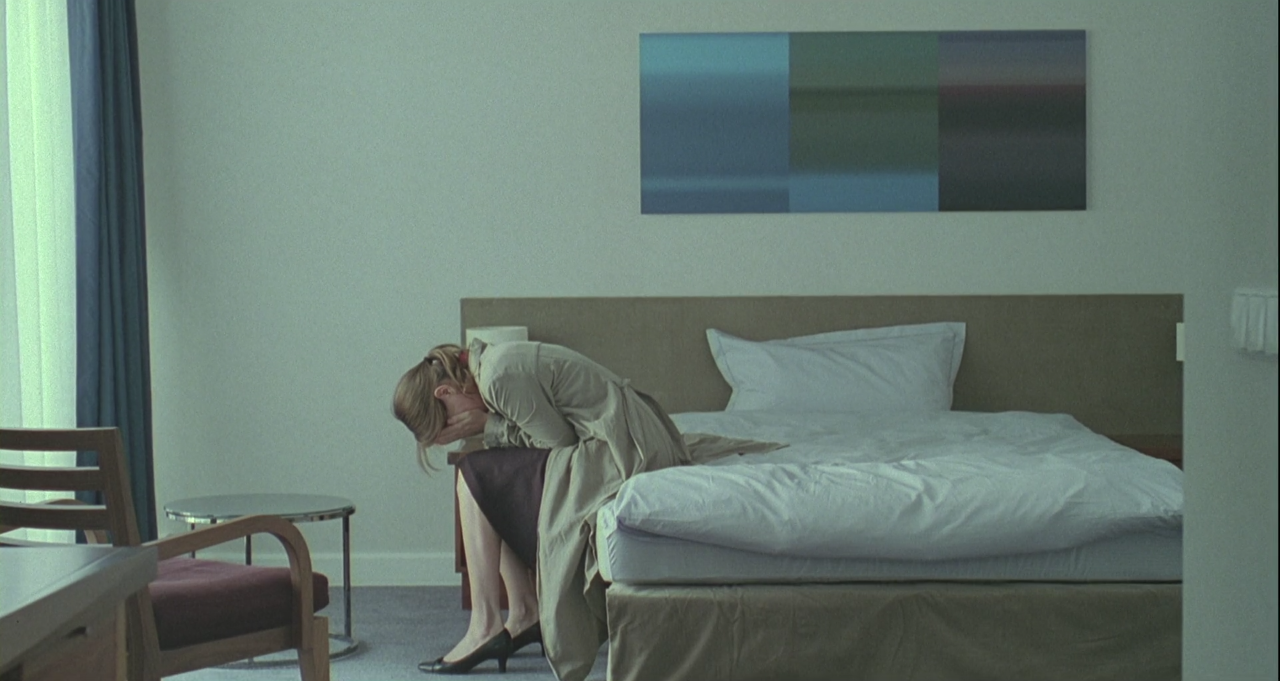
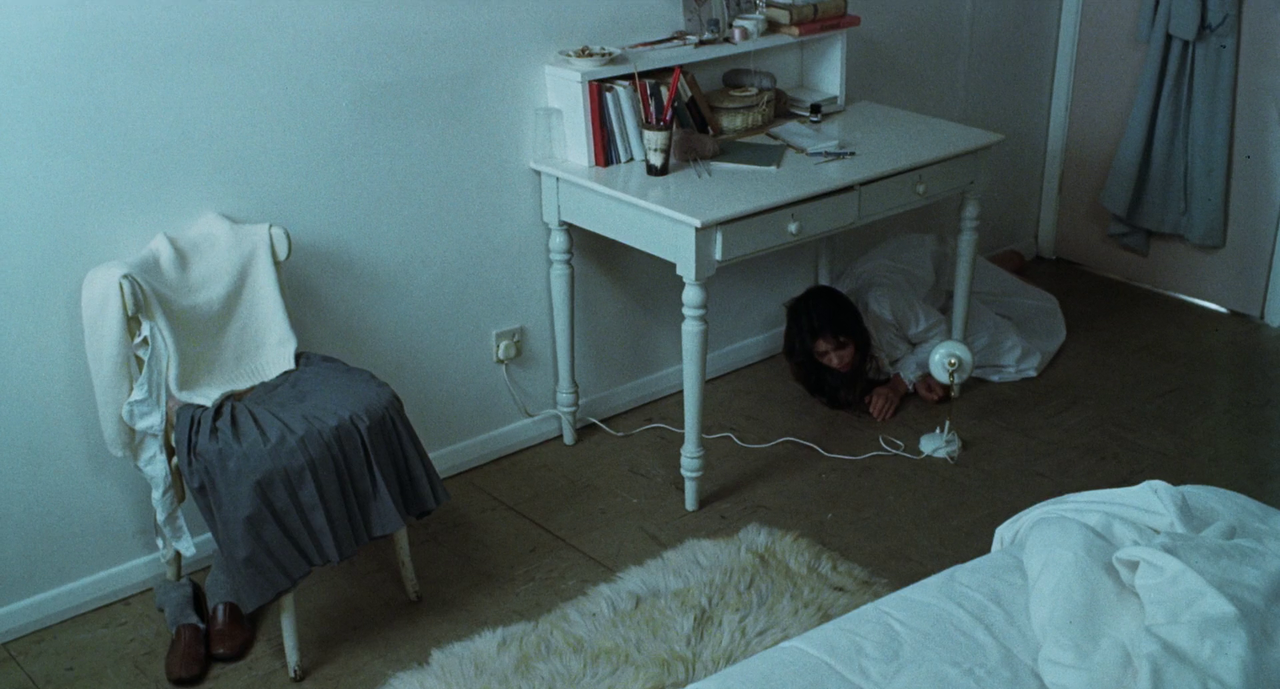
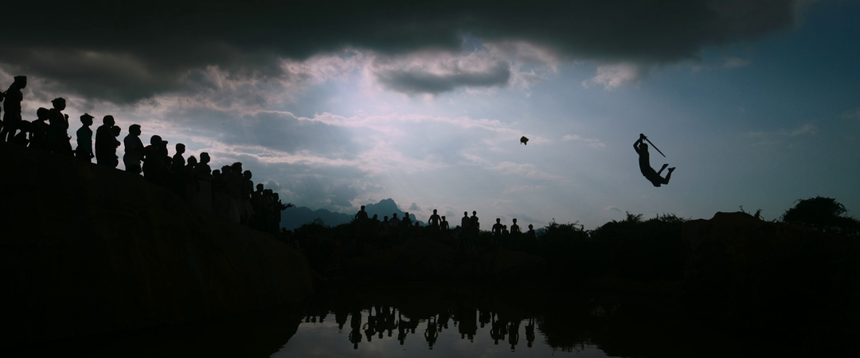
 RSS Feed
RSS Feed
